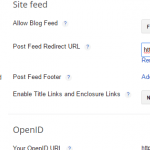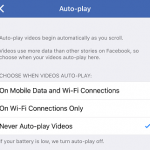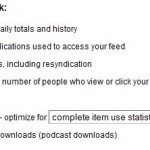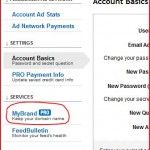There are several type of feed reader or aggregator. A feed reader may come as a online version or web-based aggregator, or as computer software version. Feed reader may also be incorporated in other client software, including Web browsers, e-mail clients, weblog creation programs, or media player programs. Devices such as mobile phones or Tivo video recorders (already aggregating television programs) may incorporate XML aggregators too. Beside, a website may incorporate aggregator features by republishing syndicated content on one or more of its pages.
TechCrunch has done a comparison review on online web-based aggregators. The online web-based feed readers that are included in the review are Attensa Online, Bloglines, FeedLounge, Google Reader, Gritwire, News Alloy, NewsGator Online, Pluck Web Edition and Rojo. All of them providing aggregator features for free except FeedLounge. However, MyYahoo, Live.com, Google IG, Netvibes, orijinn, Feedshake, Newsburst, Gregariu, t3h Blox0r, Rezzibo, AlmondRocks, NewsFarm, LinkedFeed and others was not reviewed.
Overall, TechCrunch test shows that Google Reader and FeedLounge are the fastest in performance. Bloglines and Rojo are the best choice if you are looking for a feature rich application (and Rojo blows Bloglines away on “web 2.0″ type features). None, however, yet approach the speed and agility of the best desktop based readers like NetNewsWire and FeedDemon.







